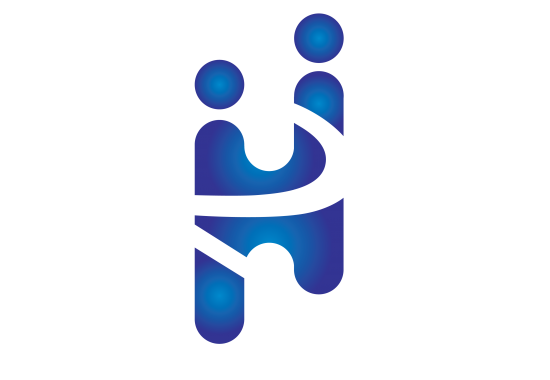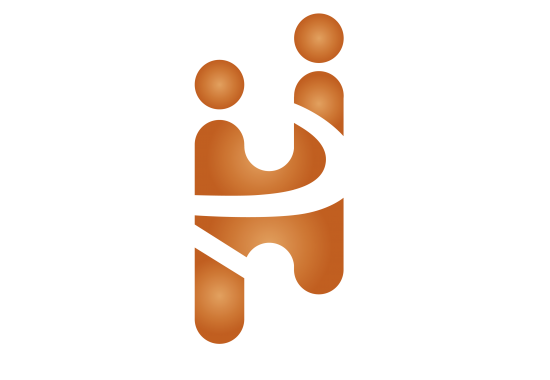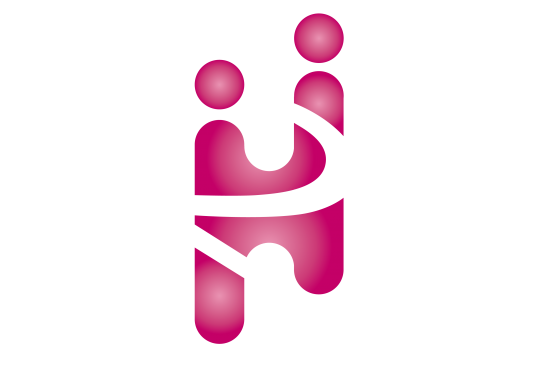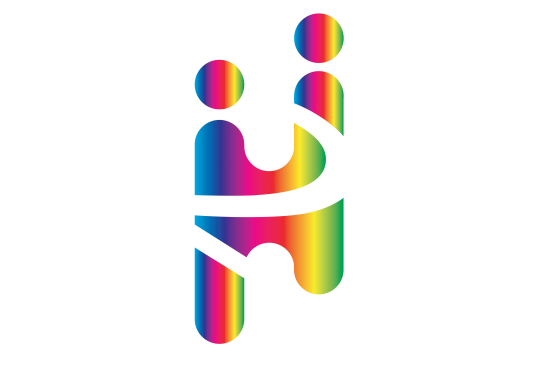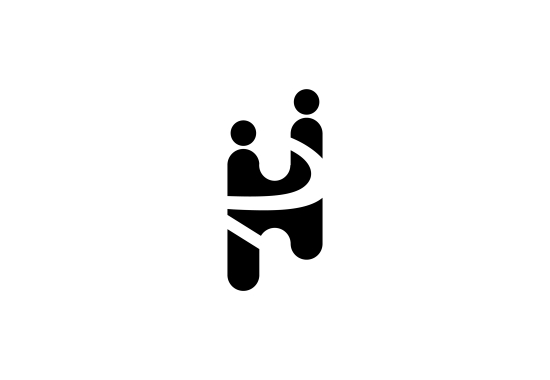Project Background
The perception of refugees as solely passive receivers of humanitarian aid or different integration measures is changing as the result of growing activities and advocacy of migrant and refugee-led CSOs (like SYVNL in the Netherlands and GFR in Greece). Migrant activism manifests in different ways, through different cultural activities aimed at promotion of intercultural dialogue and cultural visibility, but also through political and policy advocacy that refugee and migrant groups try to assert in the political arena.
These advocacy efforts for greater inclusion in the policy-making processes can be seen in connected fields – such as legislation on racism and discrimination, anti-Muslim hatred, integration, asylum and migration, as well as labour rights etc. There is greater understanding on all levels (from EC and national governments) that including people in the policy-making process of laws and regulations that directly concern them will result in more inclusive, coherent and needs-based policies.
Those policies and their implementation will ultimately benefit both migrants and refugees as well as European societies as a whole, making them more inclusive, democratic and socially cohesive.
Some of the institutions of project countries included in this project are already implementing such practice of inclusion (in Croatia by The Governmental Office for Human Rights that is in the process of forming Refugee Advisory Boards), but they should be strengthened.
The proposed project offers a set of activities that will support the EC aim of inclusion of refugees and migrants in the policy making process by raising awareness among refugees and migrants, and also – policy makers. Additionally, it will form dialogues where both groups of beneficiaries will have the chance to meet, discuss, learn by doing and implement good practice examples from other countries (fitting it to the context).
National contexts are crucial and special attention will be given to them, but keeping in mind the European dimension and EC Action Plans and recommendations that can improve national integration policy and practice.
What will the project do?
The 2incING project aims to promote and support refugee and migrant participation in the design and implementation of integration and related policies at local, regional, national and European level. The project is a partnership of 4 CSOs (Croatia, Greece, Malta and Netherlands), 1 alliance (Belgium) and 1 university (Netherlands) – which gives a holistic multidisciplinary approach to the topic.
The project is divided into 5 work packages focused on educational activities that are followed up with concrete tasks which will produce concrete policy tools for advocating refugee and migrants inclusion in policy making processes. The approach of the project is based on the creation of knowledge based on experience.
The project will produce:
- 4 desk research on active refugee and migrant advocates (for each national context);
- 1 interactive map of refugee and migrant advocates;
- 12 national educational workshops for refugees and migrants (120 participants);
- 1 international online lecture on innovative tools (G100 conference) to create dialogue among refugees/migrants and decision makers (60 participants);
- 4 national G100 conferences (200 participants);
- 4 national Advocacy Academy workshops for decision/policy makers (60 participants);
- 1 train the trainers workshop (40 participants);
- 4 Steering Committees of refugee and migrant advocates (40 participants);
- 4 national Shadow Reports on the impact of the integration policy;
- 8 national policy meetings between refugees/migrants and decision/policy makers (160 participants); and
- 1 international conference (60 participants).
The project campaign will produce 20 national videos/teasers, 4 final videos and 8 infographics on the policy making process.
Our expected impact is to include refugees and migrants into policy making processes on a national and EU level (having them in boards, working groups).
Project updates:


